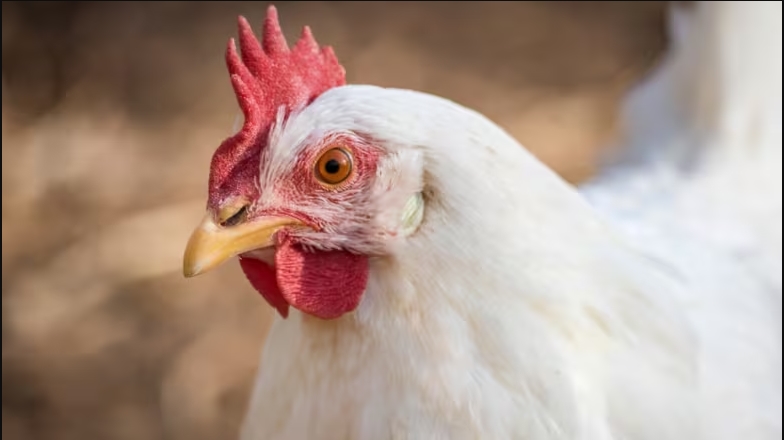First Suspected Case of Human-Contracted Avian Flu in Canada Under Investigation in B.C.
Subhadarshi Tripathy
11/11/20242 min read


British Columbia health officials are investigating what they believe to be Canada’s first case of human-contracted avian influenza after a teenager from the Fraser Health region tested presumptively positive, the Ministry of Health announced Saturday.
The teenager is receiving treatment at B.C. Children’s Hospital while health authorities conduct further testing to confirm the diagnosis and assess potential sources of exposure. Known as bird flu, avian influenza is typically a virus that affects birds but can sometimes spread to humans who have close contact with infected animals or environments.
B.C.’s provincial health officer, Dr. Bonnie Henry, noted that if confirmed, this case would be the first known instance of human-transmitted H5 avian influenza in Canada. “Our thoughts are with this young person and their family during this difficult time,” she said, adding that a thorough investigation is underway to understand how the virus was contracted.
Public health teams are monitoring individuals who may have come into contact with the patient to detect any symptoms and provide guidance on testing and prevention. No additional human cases related to this incident have been identified.
Infectious disease specialist Dr. Isaac Bogoch of Toronto General Hospital emphasized that avian flu poses significant risks due to its potential to cause severe illness in humans, ranging from pneumonia to organ failure and death. Since 1997, over 900 cases of avian influenza have been recorded globally, predominantly in Asia and Africa, with a high fatality rate, though Health Canada suggests that mild cases may go unreported.
Dr. Bogoch also warned of the virus’s ability to “reassort” or swap genetic material, which could lead to greater transmissibility. While Canada has recorded one previous human case in 2014 (from a resident who contracted the virus in China), the current case appears to be domestically acquired.
Since October, B.C. has detected the H5N1 strain in various animals, including at 22 poultry farms, as well as in wild birds and mammals like foxes and skunks. Vancouver Island health officials recently cautioned residents about a potential exposure site at a petting farm in Campbell River.
As of Nov. 10, the Canadian Food Inspection Agency reports active avian flu cases at 23 locations in B.C., primarily within the Fraser Valley, affecting an estimated 6.4 million birds. B.C. Poultry Association spokesperson Shawn Hall advised farmers to move birds indoors and adopt biosecurity measures, including limiting farm visitors and wearing personal protective equipment.
Officials recommend that the public avoid handling sick or dead animals and report any cases to provincial authorities.
News
Stay updated with the latest BC news stories, subscribe to our newsletter today.
SUBSCRIBE
© 2024. All rights reserved.
LINKS
